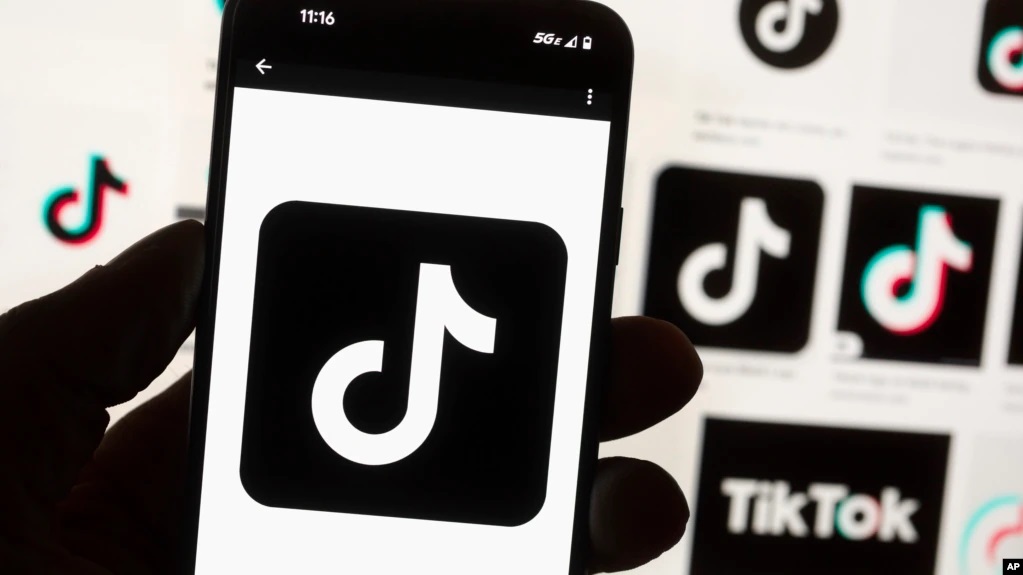New York Times Files Copyright Lawsuit Against AI Tech Companies
Written by worldOneFm on December 28, 2023
The New York Times on Wednesday filed a lawsuit against OpenAI and Microsoft, alleging that the companies’ artificial intelligence models infringe upon the newspaper’s intellectual property.
The complaint, viewed by VOA, argues that the AI models created by OpenAI and Microsoft used “millions of The Times’s copyrighted news articles” to train chatbots that now compete with the newspaper as an information source.
The lawsuit marks the first time that a major American media outlet has sued the companies behind the generative AI chatbot ChatGPT and other AI tools. The case also underscores questions that have proliferated from news organizations over the past year over the journalistic, financial and legal implications of generative AI.
While the lawsuit does not mention a specific monetary demand, it says the defendants should be held accountable for “billions of dollars in statutory or actual damages.”
“Defendants seek to free-ride on The Times’s massive investment in its journalism,” the complaint said, claiming that OpenAI and Microsoft are “using The Times’s content without payment to create products that substitute for The Times and steal audiences away from it.”
An OpenAI spokesperson said the company respects “the rights of content creators and owners and are committed to working with them to ensure they benefit from AI technology and new revenue models.”
“Our ongoing conversations with The New York Times have been productive and moving forward constructively, so we are surprised and disappointed with this development. We’re hopeful that we will find a mutually beneficial way to work together, as we are doing with many other publishers,” the spokesperson added.
In its complaint, the Times said it approached Microsoft and OpenAI in the spring to express worries about the use of its intellectual property but that those conversations had not succeeded.
Microsoft did not immediately reply to VOA’s emails requesting comment.
A similar lawsuit was filed in September by more than a dozen prominent authors, including John Grishman and Elin Hilderbrand. The authors sued OpenAI for allegedly infringing on copyright by using their books to train ChatGPT without permission.
The fight by media organizations against the “big tech” industry is taking place in other countries, too. Over 80 Spanish media organizations are filing a $600 million lawsuit against Meta over what they say is unfair competition, VOA reported earlier this month.
A spokesperson for Meta at the time said the company had not received any legal papers so was unable to comment.
And in November, Google and the Canadian government reached an agreement related to the Online News Act, in which Google would continue to use Canadian news online in return for the company making annual payments to news companies of about $100 million.
AI technology has posed ethical and practical questions for media companies in the past 12 months.
Some, including the Associated Press and the German company Axel Springer which publishes Politico and Business Insider have entered deals with OpenAI.
But around 600 media companies have installed blockers to try to prevent the technology from accessing content for free.
“What we are seeing here is that news publishers, at least half of them in my survey, want to put the brakes on this a little bit and not just allow themselves to be included in this without some sort of conversation or negotiation with the Open AI company,” Ben Welsh, a news applications editor for Reuters who compiled a survey of news organizations for his media blog, told VOA earlier this year.
By Liam Scott. Taken from VOA






